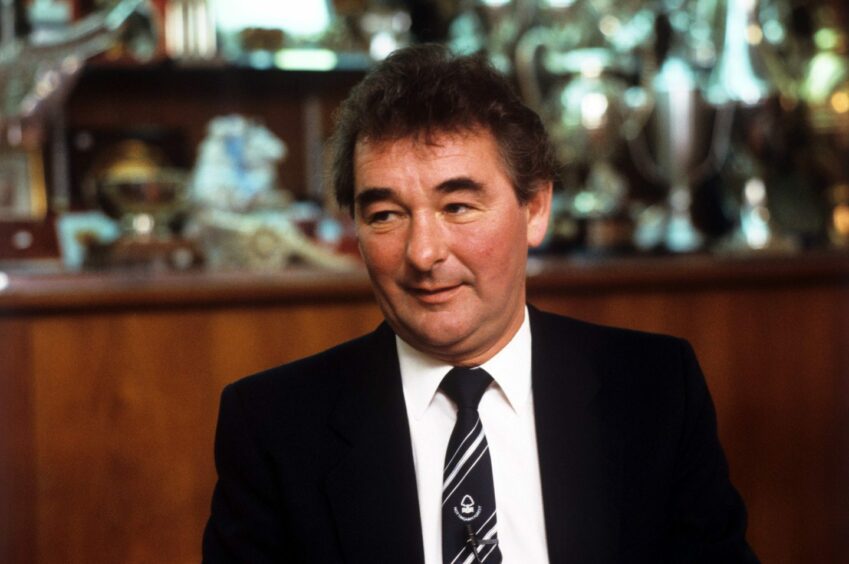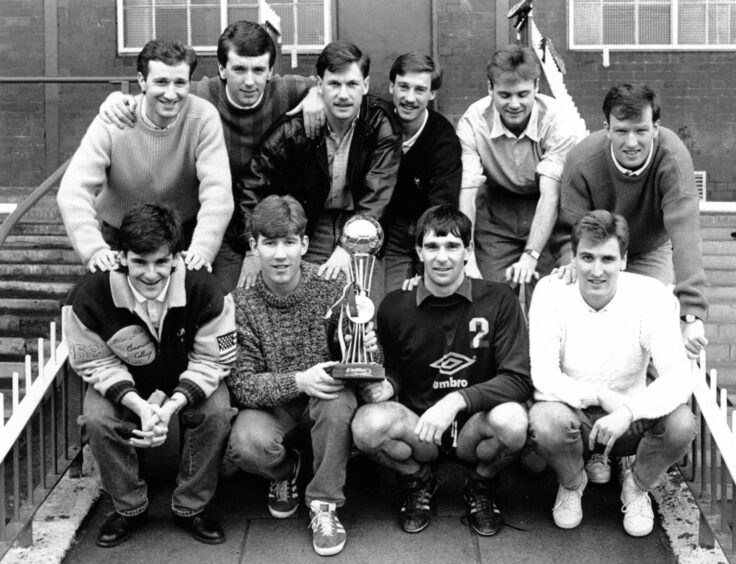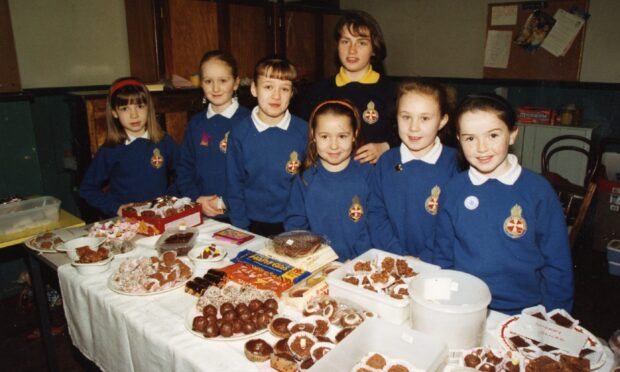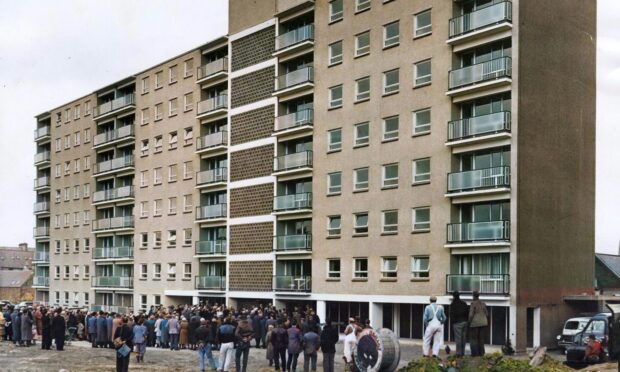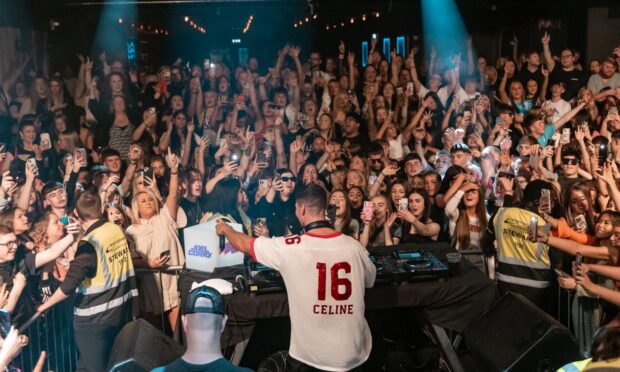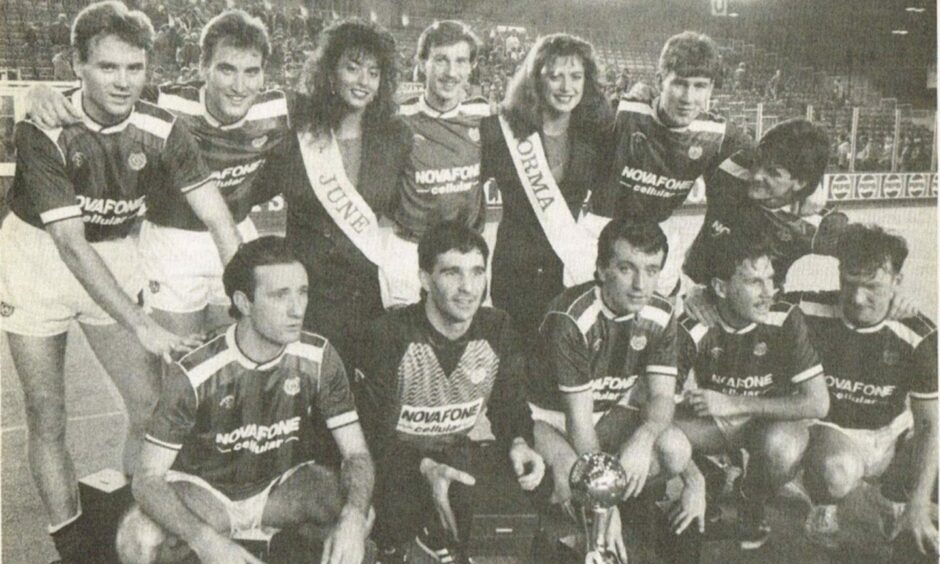
The 1980s was a barren spell for Dundee, as they found themselves stuck in the shadow of neighbours United during Jim McLean’s golden era.
Dundee fans who could well remember the glory years of the 1960s and 1970s were now watching the team across Tannadice Street achieving success in Scotland and Europe.
McLean’s men reached previously unimaginable heights and won the Premier League in 1983 and reached the European Cup semi-final in 1984 and the Uefa Cup final in 1987.
But Dundee emerged from the doldrums to secure local bragging rights in 1988 when they won a tournament that Scottish football fans of a certain vintage will remember fondly.
The Tennent’s Sixes, staged on January 24-25, was being held for the third time indoors on a specially constructed artificial field at the SECC in Glasgow.
Dundee had a decent record in the competition and were runners-up in the first tournament, staged in 1984, in Falkirk before reaching the semi-final in 1987.
Rangers declined the invitation
There were four groups of three teams featuring 11 clubs from the Scottish Premier League with the exception of Rangers, who decided not to take part in 1988.
It was rumoured it was because McEwan’s Lager sponsored the Ibrox club but they withdrew after being rapped by the SFA in 1987 for not fielding a strong enough team.
Brian Clough’s Nottingham Forest took Rangers’ place to make up the 12 with two points for a win in those days and the top two teams in each group going through.
Aberdeen won the tournament in 1986 and 1987 and were 7-2 with the bookies to make it three-in-a-row with Celtic and Nottingham Forest joint second favourites at 4/1.
Dons boss Ian Porterfield decided to include £400,000 signing Charlie Nicholas in his squad, who was returning to Glasgow for the first time since his move from Arsenal.
The winners would receive a cheque for £12,000 with £10,500 for the runners up.
A further £1,000 would be given to the highest-scoring team and Dundee manager Jocky Scott declared himself a fan of the two-day annual indoor tournament.
He said: “It is a first-class break at this time of the season from the pressures of cup and league football.
“Sixes are a different game in many ways and you have to be alert and quick in your reactions to play them properly.
“They are ideal training for a footballer and with prizes at stake the competitive element is there.”
Coverage was shown on Scotsport
Dundee assistant manager Drew Jarvie would take charge when they got to Glasgow with goalkeeper Bobby Geddes being named as captain of the 10-man contingent.
Rab Shannon, Tosh McKinlay, Stuart Rafferty, Stewart Forsyth, Ian Angus, Alan Lawrence, Graham Harvey, Tommy Coyne and Keith Wright made up the squad.
More than 22,000 people watched the three sessions at the SECC while hundreds of thousands more watched Arthur Montford introducing the coverage on Scotsport.
Everything required split-second timing for the purposes of television but there were outside influences which almost managed to wreck the best-laid plans.
Brian Clough’s men were due to travel north on the Saturday night after their First Division match at Watford and stay in a Glasgow hotel but they phoned ahead to cancel their booking after they got caught in a Midlands snowstorm.
There was no communication from them about their expected participation in the competition until they arrived before the opening session on Sunday.
St Mirren were stuck in a traffic jam when the opening ceremony was due to start.
Tennent’s sponsorship manager Keith Farrell had to quickly rearrange the running order to give them as much time as possible.
The Saints skipper made it up the tunnel just as they were scheduled to appear.
Dundee hit the ground running at the SECC with a 2-1 victory over favourites Aberdeen before thumping Morton 9-3 to top the group and qualify for the quarter-finals.
How did everyone else get on?
Motherwell and St Mirren progressed at the expense of Hearts.
The shock of the tournament was Billy McNeill’s Celtic going out at the group stages on goal difference after finishing on equal points with Dunfermline and Hibernian.
Dundee United started the final group with a 6-1 win against David Clarke’s Falkirk, whose next game was against Nottingham Forest.
Old Big ‘Ead was not amused
Brian Clough was never a fan of pundits and commentators but sat in the benches reserved for the Fourth Estate in front of a not-so-impartial journalist.
Clough heard the journalist declare during his team’s match against Falkirk: “At this rate Falkirk will go the rest of the year and not score.”
The Bairns netted, prompting the immediate reply from Clough: “Do you want me to get you a taxi home? You’re the kiss of death!”
Forest won the game 2-1 and defeated Dundee United 3-1 in the final game.
The Tennent’s Sixes brewed up a feast of thrills on Monday evening when the eight qualifiers returned with a seven-goal Dundee derby to start proceedings.
Dundee defeated United 4-3 in the quarter-final with Alan Lawrence grabbing two and Stewart Forsyth and Keith Wright scoring the other goals.
At one stage Dundee were 4-1 up before Jim McInally and Maurice Malpas added goals to the early one collected by Dave Bowman to make it a nervy final few minutes.
The English threat was quickly wiped out when Nottingham Forest drew 1-1 with Aberdeen and the Dons went through 4-3 on penalty kicks.
Making up the semi-final draw were Motherwell, who defeated Dunfermline 2-1, and St Mirren, who won 4–3 on penalties against Hibernian following a 2-2 draw.
Dundee were on the goal trail again in the semi-final, where they overcame Aberdeen 4-1 with Stewart Forsyth getting the opener just 30 seconds before the half-time break.
Tommy Coyne, Graham Harvey and Keith Wright added second-half goals.
The Dens Parkers were able to celebrate a £13,000 jackpot when they came out on top in an exciting final by beating Motherwell 3-2.
Tosh McKinlay put Dundee ahead after only 43 seconds and then Graham Harvey and Tommy Coyne chipped in with further goals to take the Sixes trophy.
Dundee picked up the £12,000 first prize and £1,000 for being the tournament’s highest scorers with 22 goals in five games.
Alan Lawrence with five goals was the top scorer in the competition.
Dundee assistant manager Drew Jarvie said: “We are all delighted.
“I believe that over the two days we played the best football and we certainly scored the most goals.
“It was a hard competition but I think we entertained the fans and we thoroughly deserved to pick up the trophy.”
The Sixes survived until 1993
Over 22,000 people watched the three sessions with almost 100 goals scored in the competition, which put the joy of six into thousands of Scottish households.
But, gradually, squads grew weaker and clubs chose to concentrate on other priorities and put more emphasis on European success than ‘minor’ domestic triumphs.
Rangers and Aberdeen both forfeited their appearance money after sending depleted line-ups in 1990 and they were absent altogether, along with Dunfermline, in 1992.
Tennent’s withdrew its sponsorship after the 1993 tournament and Partick Thistle were the last club to have their name on the trophy, winning the 10th and final staging.
May it rest in peace!

